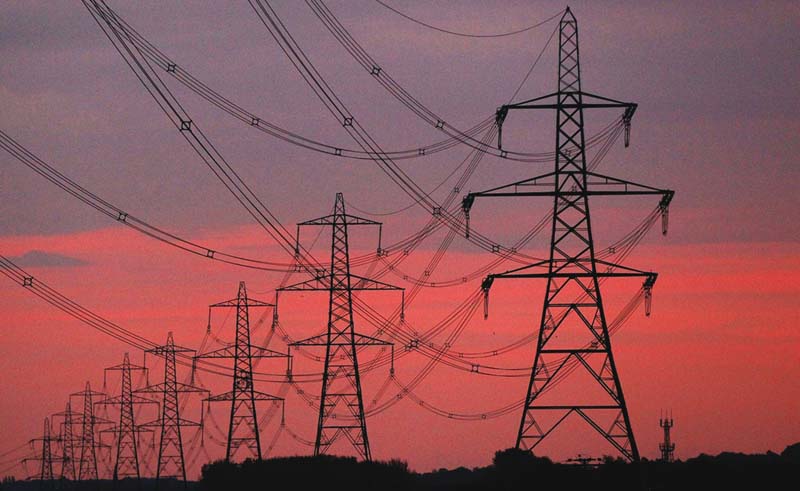
The revised tariff that was introduced for 2016-2023 curiously impacted only KE and the government while maintaining neutrality for consumers. It fittingly resulted in the government receiving a larger share — which is not in the least bit surprising. It is daunting, however, because it is unclear how that increased share would be utilised by the government and if it would, at all, be appropriated towards reducing the electricity problems of the city. Furthermore, on the topic of the country’s electricity problems, the government’s nonchalance towards pursuing green energy projects gives rise to further insecurity about the future of power supply in the country. Especially in Karachi, where there is a surfeit supply of water and sunlight, green power projects should be a hot topic. This is pertinent particularly against the backdrop of harsh climate change effects the country has been experiencing in the last decade or so.
In the short-term, the power utility’s push for a flexible tariff may be reasonable considering the dwindling supply of electricity. However, power supply is a basic necessity and one that even the middle socioeconomic class struggles to meet expenses for; therefore, government intervention to reduce costs to consumers was welcomed and in the future, consumers might require similar subsidisation and protection. Nonetheless, if the tariff reduction only negatively impacts the company, the future stability of power supply would be further shaken. The acquisition by Shanghai Electric Power will hopefully keep Nepra in check and within reasonable authority to reduce or increase the power tariff as it sees fit. We wait and watch with interest.
Published in The Express Tribune, July 17th, 2017.
Like Opinion & Editorial on Facebook, follow @ETOpEd on Twitter to receive all updates on all our daily pieces.












COMMENTS
Comments are moderated and generally will be posted if they are on-topic and not abusive.
For more information, please see our Comments FAQ